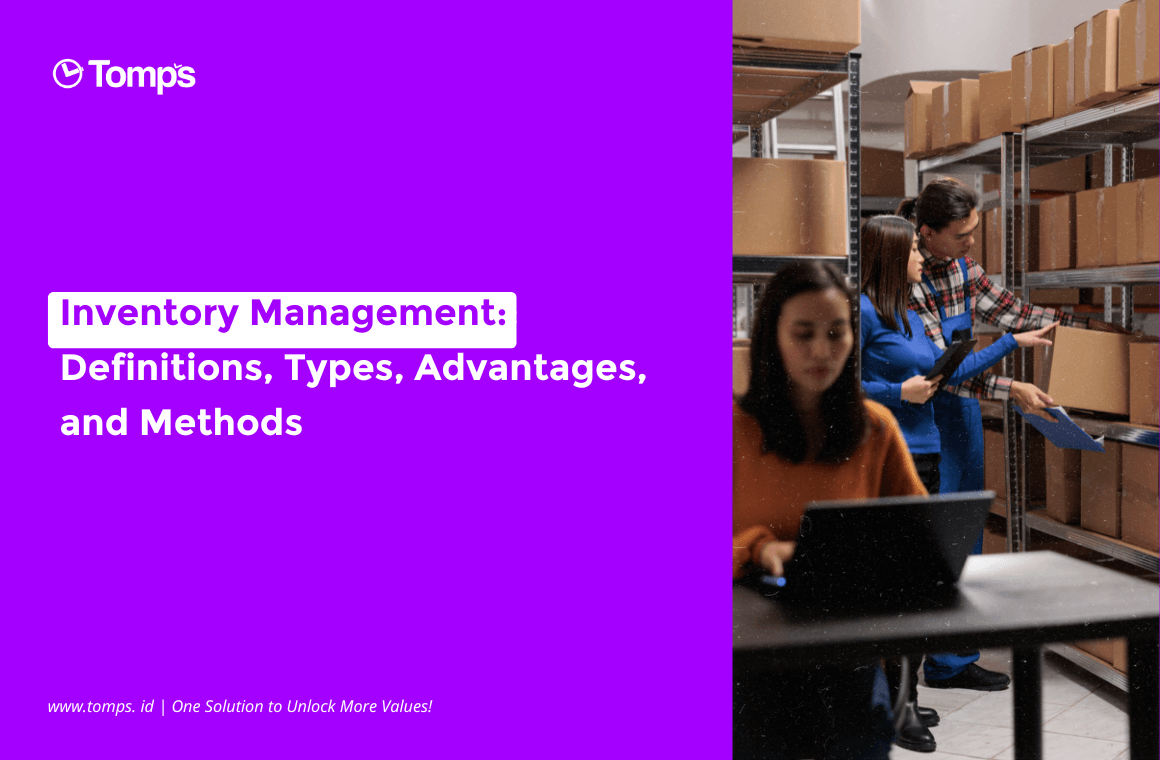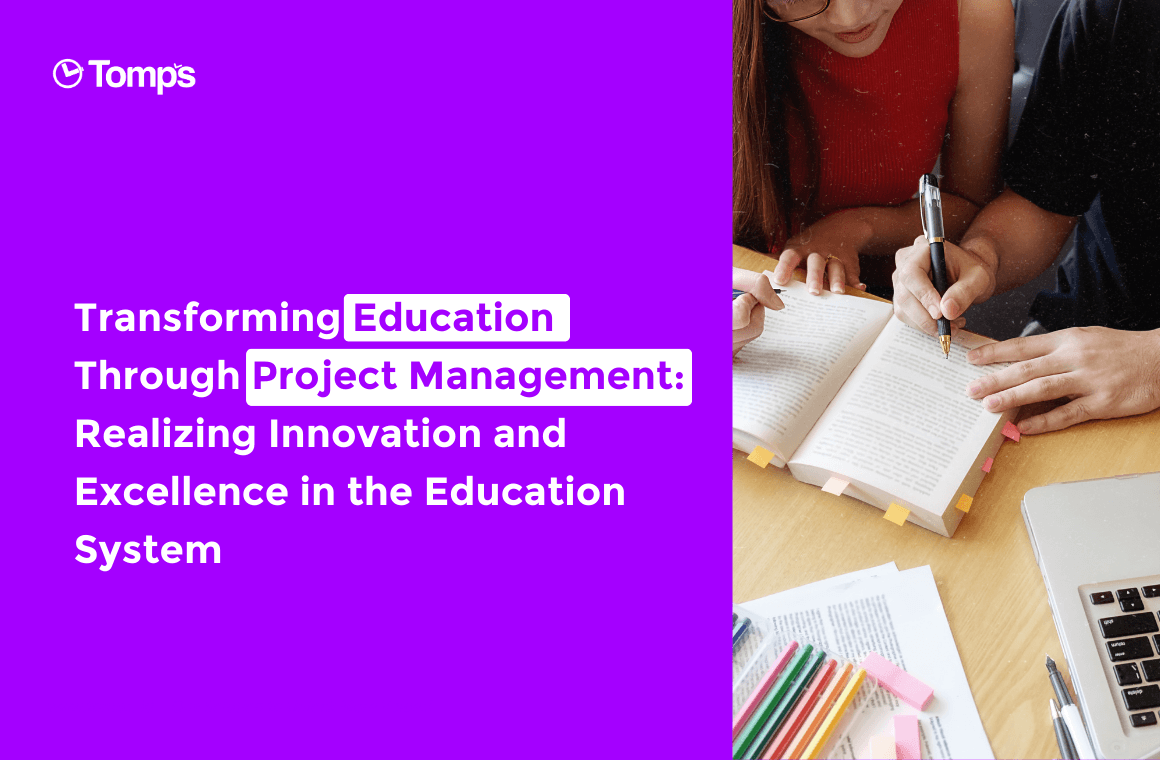Introduction
Indonesia, as the world's largest archipelago, has enormous potential to develop various sectors and achieve better progress. To realize this vision, the Indonesian government has launched a number of National Strategic Projects (PSN) that aim to advance the economy, infrastructure, environment, and other sectors. This article will discuss Indonesia's PSNs, their objectives, impacts, as well as the challenges faced in their implementation.
PSN Indonesia Background
Indonesia is an archipelago that has abundant natural resources, but also faces challenges in maintaining a balance between economic development, environmental sustainability, and social welfare. To be able to face these challenges, reported from the website djkn.kemenkeu.go.id, it is stated that Indonesia needs to develop infrastructure in order to support the country's economic growth.
National Strategic Projects (PSN) are government programs initiated to accelerate national development in various fields. PSN aims to create sustainable economic growth, reduce regional disparities, increase global competitiveness, and improve the quality of life of the people. PSN focuses on the development of infrastructure, industry, human resources, energy, and the environment. The project aims to formulate and implement a holistic strategy to achieve sustainable development growth by 2030.
Legal Basis
On January 8, 2016, the President of the Republic of Indonesia, Joko Widodo, officially announced the National Strategic Projects through Presidential Regulation No. 3 Year 2016. The purpose of this regulation is to accelerate the implementation of National Strategic Projects by addressing challenges in licensing and regulations related to infrastructure development. This approach is realized through the Central One Stop Integrated Service (PTSP) located at the Investment Coordinating Board (BKPM). At the regional level, the provincial, district or city PTSP is responsible for handling the same. Thus, it is expected that the management of licensing and non-licensing aspects of infrastructure projects can be more efficient through this approach.
PSN Objectives
The main objective of National Strategic Projects is to create inclusive and sustainable economic development that integrates economic, social, and environmental aspects.
In supporting the achievement of Indonesia's long-term development goals, PSN has several objectives:
Infrastructure Development
PSN has a long-term focus to establish adequate and modern infrastructure to improve connectivity between regions, facilitate the mobility of goods and services, and support economic growth. PSN infrastructure development projects have been implemented and planned for the future. Some of the infrastructure projects that support PSN include toll roads, railways, seaports, international airports, and large-capacity power plants.
Industry Improvement
One of PSN's goals is to develop the domestic industrial sector to create new jobs, increase the added value of local products and reduce dependence on imports. Not only focusing on the manufacturing industry, PSN also seeks to encourage creativity by implementing creative projects in the fields of culinary, fashion, arts and culture, and tourism.
Human Capital Development
PSN prioritizes the development of human resources through education and training so that the Indonesian workforce has qualifications that match the needs of the global market. Improving the quality of education and job training in Indonesia is a major focus in this PSN goal. For example, the government's project to implement a free education program under the auspices of the Ministry of Education and Culture.
Energy Enhancement
National Strategic Projects include the development of sustainable and environmentally friendly energy sources to ensure adequate energy supply to support economic growth and people's daily lives. In an effort to encourage the realization of sustainable and environmentally friendly energy, several projects were implemented, such as the development of renewable energy and carbon emission reduction for major industrial sectors.
Environmental Protection
Although the focus is on development, PSN also pays attention to environmental impacts by encouraging sustainable and environmentally friendly practices in every sector developed. Some projects do not only focus on the utilization and development of natural resources in a sustainable way, but also empower the preservation of flora and fauna that are the main products of local communities.
The Positive Impact of PSN

Indonesia's National Strategic Projects have the potential to deliver significant positive impacts:
Economic Improvement:
Infrastructure development and industrial sector development will drive economic growth, create jobs, and improve the competitiveness of the Indonesian economy in the global market.
Reduction of Inequality Between Regions:
By strengthening connectivity between regions, PSN can help reduce the development gap between more developed and more remote regions.
Infrastructure Modernization:
PSN will bring progress in infrastructure development that will support the development of technology, communication, and transportation.
Improving Quality of Life:
With a focus on sustainable development of human resources and the environment, PSN is expected to improve the overall quality of life of the Indonesian people.
Challenges in Implementation
Reporting from ekonomi.bisnis.com, until August 2023 there have been 5 PSNs completed with a value of Rp 55 trillion. However, in other PSN developments there are still several obstacles such as land acquisition, licensing, and coordination between all stakeholders. In this regard, the following is a detailed explanation of the challenges in the implementation of PSN:
Funding:
The sheer scale of these projects requires significant financial resources. Ensuring consistent and efficient funding is key to the success of PSN.
Project Management:
Managing large-scale projects with multiple elements involved can be complex. Good coordination between the various agencies and parties involved is required.
Private Participation:
Involving the private sector in the implementation of PSN requires clear regulations, the right incentives, and a good cooperation mechanism between the government and the private sector.
Environmental Impact:
While PSNs are committed to sustainable development, there are potential negative impacts on the environment. Ensuring these projects do not harm the environment needs to be a major concern.
Indonesia's National Strategic Projects are inextricably linked to technology. Technology is a key driver in transforming these projects towards higher levels of efficiency and impact. Technological innovation plays a central role in bringing new solutions in various sectors, from infrastructure to renewable energy, that support sustainable development goals.
The use of technology is not just limited to the design and implementation aspects. It is also changing the way we monitor and manage projects, with geographic information systems, digital project management, and online collaboration platforms making monitoring and coordination across sectors easier. In addition, technology also enables the adoption of renewable resources and efficiency in infrastructure, such as smart power grids and integrated transportation systems, contributing to a cleaner and more sustainable environment.
Another important aspect is technology in environmental management. The use of technology for pollution monitoring, environmental impact prediction, and nature conservation maintains harmony between development and nature. Community empowerment is also increasingly realized through technology, with easy access to information, online training, and participation in decision-making through digital platforms.
In essence, technology is the pillar that makes National Strategic Projects more adaptive, efficient and sustainable, creating a bridge between the vision of national development and implementation on the ground.
The Role of Project Management System in PSN Development
In the era of globalization and increasingly advanced technology, the development of national strategic projects requires a structured, efficient, and integrated approach. Telkom Indonesia, as a leading telecommunications and information technology company in Indonesia, plays an important role in supporting the development of national strategic projects through its Project Management System, Tomps Project. Tomps Project not only serves as a digital project management platform, but also as a solution to overcome challenges in the implementation of national strategic projects.
Effective and Integrated Project Management:
Tomps Project is a platform specifically designed to manage projects efficiently and in an integrated manner. In the context of national strategic projects, such as infrastructure development and industrial sector development, Tomps Project is able to assist the government and project partners in planning, implementing, supervising, and evaluating each stage of the project. This helps in avoiding bottlenecks that may arise due to lack of coordination and clear information.
Monitoring and Controlling:
Tomps Project enables real-time project monitoring and control. In national strategic projects, transparency in monitoring and control is key to overcoming challenges that may arise during implementation. With Tomps Project, the government and project team can track progress, identify issues, and take corrective actions quickly.
Effective Risk Management:
Implementation of national strategic projects often involves many risks, including technical, financial, and environmental risks. Tomps Project helps in identifying, analyzing, and managing these risks. By having clear visibility into these risks, governments and project teams can take appropriate preventive measures to minimize negative impacts.
Continuous Innovation and Development:
As an information technology company, Telkom Indonesia continues to innovate in the development of the Tomps Project. In the context of national strategic projects, this innovation in the project management system will help in dealing with evolving challenges and ensuring the projects remain relevant and successful.
Conclusion
Indonesia's National Strategic Projects are government efforts to encourage growth and progress in various sectors. Through infrastructure development, education improvement, industrial development, human resource quality improvement, and environmental preservation, natural resource conservation, green industry and community participation. With a holistic and scientific approach, Indonesia can achieve sustainable growth that benefits people today and future generations, while safeguarding the environment and important social aspects. PSN has the potential to bring great positive impact to Indonesia. Although faced with various challenges, with good management and strong commitment, PSN can lead Indonesia to a brighter and more sustainable future.
By implementing the Project Management System from Tomps Project, Telkom Indonesia effectively provides a comprehensive solution to address the complexities and challenges in the development of national strategic projects. With integrated technology and management engagement, Tomps Project assists in ensuring the success of these projects which in turn will have a positive impact on economic growth, community welfare, and the overall progress of Indonesia.
Reference:
Anitana Widya Puspa. (2023, August 18). Semester I/2023, 5 PSN Senilai Rp55 Triliun Selesai Dibangun. Bisnis.com; Bisnis.com. https://ekonomi.bisnis.com/read/20230818/45/1685849/semester-i2023-5-psn-senilai-rp55-triliun-selesai-dibangun
Direktorat Jenderal Kekayaan Negara. (2023). Proyek Strategis Nasional, Dari Kita Untuk Bangsa. Kemenkeu.go.id. https://www.djkn.kemenkeu.go.id/kanwil-jabar/baca-artikel/15970/Proyek-Strategis-Nasional-Dari-Kita-Untuk-Bangsa.html







